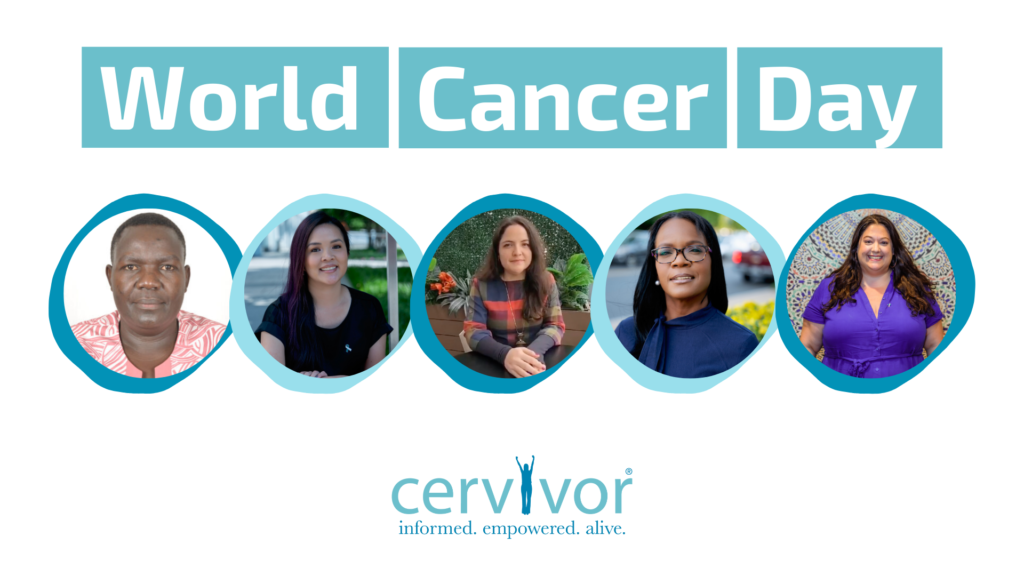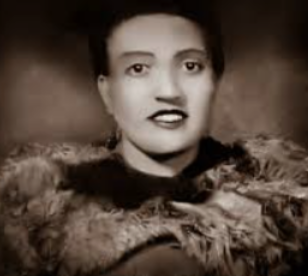
Today is World Cancer Day!
It’s a day we stand together as a united force, amplifying the voices and stories of our diverse Cervivor Community. Each face and each story carries its own unique impact, shedding light on the challenges and triumphs in the fight against cervical cancer.
In our global community, we celebrate diversity—the strength that comes from our differences and the resilience that unites us. Today, we invite you to see the faces of our Cervivor Community, to feel the impact of their unique stories, and to join us in our mission to eradicate cervical cancer.
Every story shared, every voice heard, brings us one step closer to our shared goal: a world free from the burden of cervical cancer.
We refuse to accept the status quo. We refuse to let shame, pain, or loss define us. Instead, we choose to stand together, to advocate for change, and to empower one another to take proactive steps toward prevention and early detection.
We can make a difference.
We can and must eradicate cervical cancer. It begins with awareness, with education, and with action. Today, we call on you to prioritize screening—for yourself, for your loved ones, and for our Cervivor community.
Let us make World Cancer Day not just a day of awareness, but a day of action. Let us pledge to Screen 4 Us, to advocate for change, and to stand in solidarity with those impacted by cervical cancer.
Let’s ensure no one faces cervical cancer alone.
Your support empowers us to educate, advocate, and eradicate this disease. Consider donating to Cervivor today and join us in our mission to see a future free from cervical cancer.
Together, we can make a difference.

